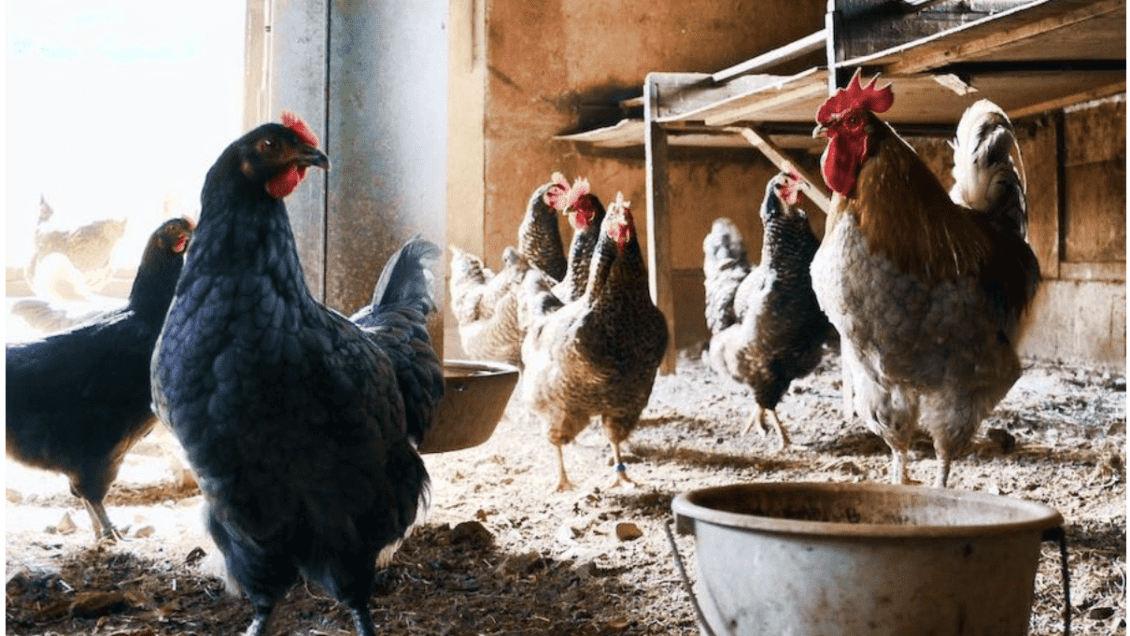Columbia, S.C. — Clemson University animal health officials are urging owners of backyard poultry flocks and pet waterfowl to keep their birds away from wild waterfowl and the waters they inhabit.
The warning comes after backyard flocks in Horry and Orangeburg counties contracted the Eurasian strain of Highly Pathogenic Avian Influenza (HPAI), presumably from wild birds and waterways frequented by wild birds.
In both cases, the flocks suffered major die-offs, and the remaining infected poultry were depopulated to keep the devastating virus from spreading to other backyard flocks and jeopardizing the state’s $1.5 billion poultry industry.
The die-offs were self-reported by the flock owners. The birds were tested by the Clemson Veterinary Diagnostic Center, and then confirmed by the United States Department of Agriculture’s Animal and Plant Health Inspection Service (APHIS) National Veterinary Services Laboratories.
So far, the South Carolina commercial poultry industry has stayed clear of the deadly virus by practicing strict biosecurity protocols, but backyard growers haven’t been so lucky.
“It is imperative that all owners of backyard poultry and pet waterfowl keep their birds from mingling with wild waterfowl or accessing waters that could be frequented by wild waterfowl,” said State Veterinarian Michael Neault, who directs Clemson University Livestock-Poultry Health (LPH). “These precautions not only protect their birds from contracting the virus, but also help keep the poultry industry (big and small) safe.”
In 2023, 21 states including Georgia, Alabama, Tennessee and Virginia reported cases of Avian Influenza.
HPAI is considered low risk to human health according to the U.S. Centers for Disease Control, but is highly contagious to other birds, including backyard and commercial flocks of poultry. While the virus is also not considered a food safety threat, infected birds do not enter the food supply.
For information on biosecurity measures, visit the Clemson Livestock Poultry Health Avian Influenza website or the USDA’s Defend the Flock Program website.
Report sick or dead poultry to Clemson Livestock Poultry Health by calling 803-788-2260 (Monday – Friday, 8 a.m. – 4:30 p.m.) or using the online report form. Report sick or dead wild waterfowl to the South Carolina Department of Natural Resources by calling 803-734-3886.
The warning signs of HPAI include:
- High death loss in a short amount of time
- Reduced energy, decreased appetite and/or decreased activity
- Lower egg production and/or soft-shelled or misshapen eggs
- Swelling of the head, eyelids, comb and wattles
- Purple discoloration of the wattles, comb and legs
- Difficulty breathing, runny nares (nose) and/or sneezing
- Twisting of the head and neck, stumbling, falling down, tremors and/or circling
Get in touch and we will connect you with the author or another expert.
Or email us at news@clemson.edu

